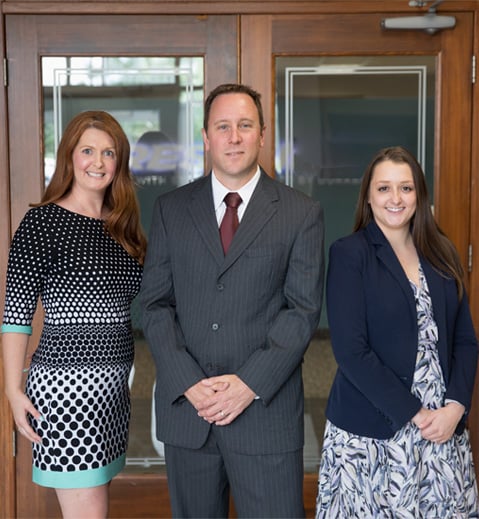If you have a criminal record, you may have heard of something called expungement. Expungement is essentially the process of sealing one’s criminal record from the public. Historically, many deserving people did not qualify for this legal option. This made it difficult for some to obtain housing or secure a job as a result of their criminal pasts – even when the offenses were minor or several years ago.
Fortunately, the legislature expanded the scope of crimes and circumstances covered by expungement with the “Second Chance Law.” If you previously thought that expungement was not an option for your case, the Second Chance Law might offer the recourse you need to move forward with your life.
Expungement in the past
In the past, defendants had two options for expungement: petitioning via statutory grounds or through the court’s inherent authority. The statutory option, if successfully petitioned, would seal records so that a particular criminal offense would not appear on background checks. However, the statutory option was quite limited. Many crimes did not qualify for this option and those who admitted guilt, even in cases where there was no guilty verdict, would be barred from this remedy.
Those who didn’t qualify for the statutory option could petition through the court’s inherent authority. However, even a successful petition by this secondary method meant only the sealing of the judiciary records, not the executive records, which would still be viewable via a background check.
The Second Chance Law
The Second Chance Law expands traditional expungement. The applicable charges and convictions included in this legislative initiative offer relief to a much wider swath of the population struggling to restart their lives after a conviction. Even felony charges might be considered for expungement – especially if an individual follows through with a sentence and has no run-ins with the law for several years. Furthermore, no petition needs to be filed if the prosecutor agrees to expungement under this law.
If you have a criminal record that is standing in the way of your future, there may be relief. Contact an experienced criminal defense attorney to learn more about the Second Chance Law and how it applies to your case. The law has been crucial in changing Minnesota lives.


